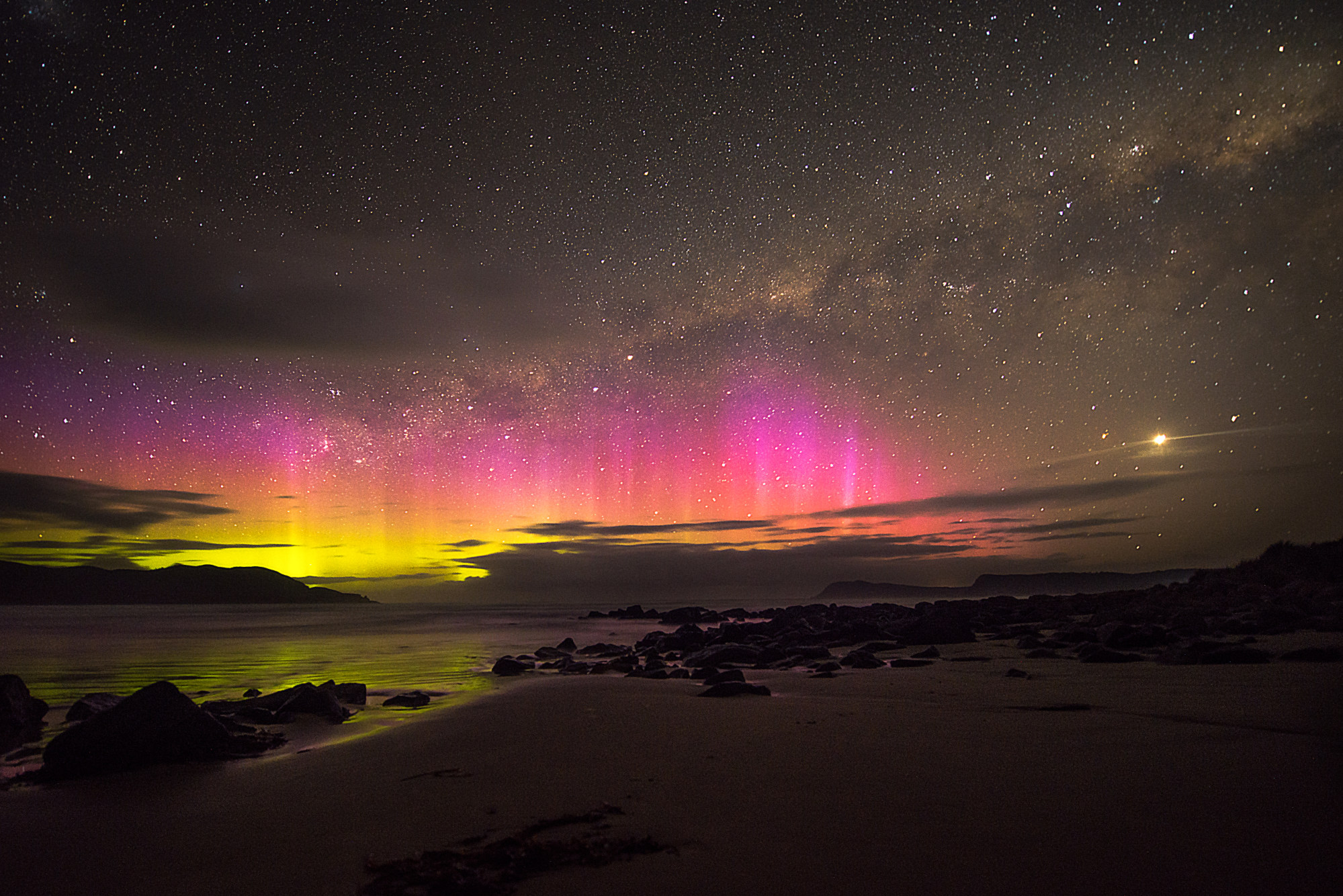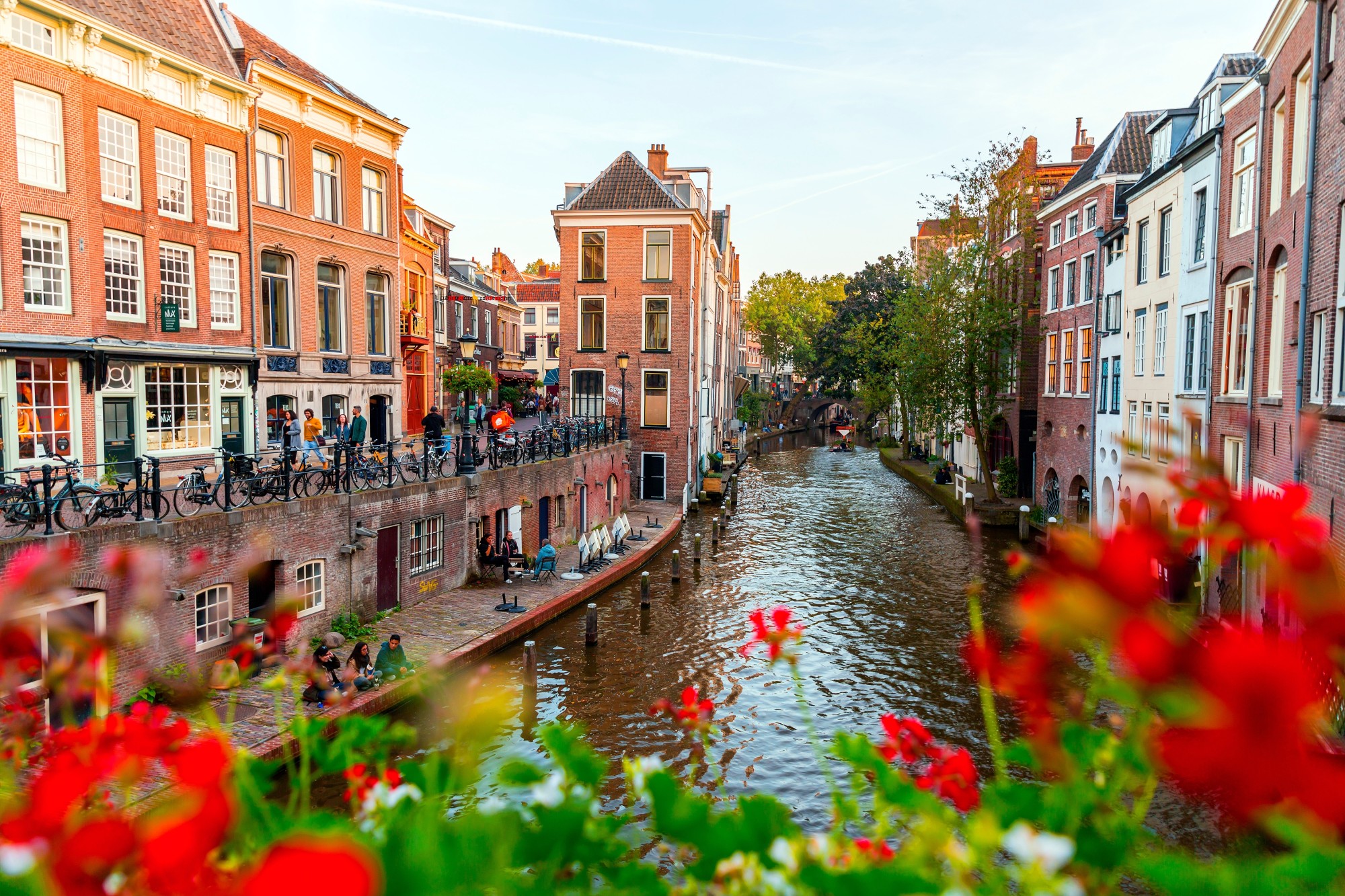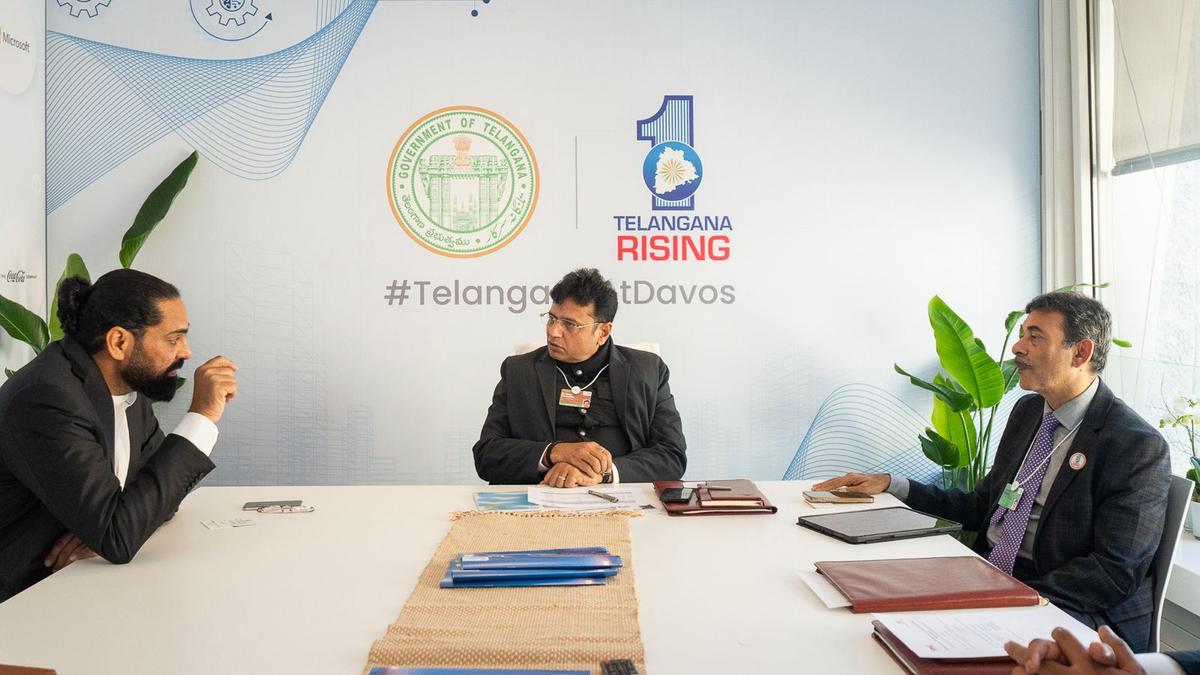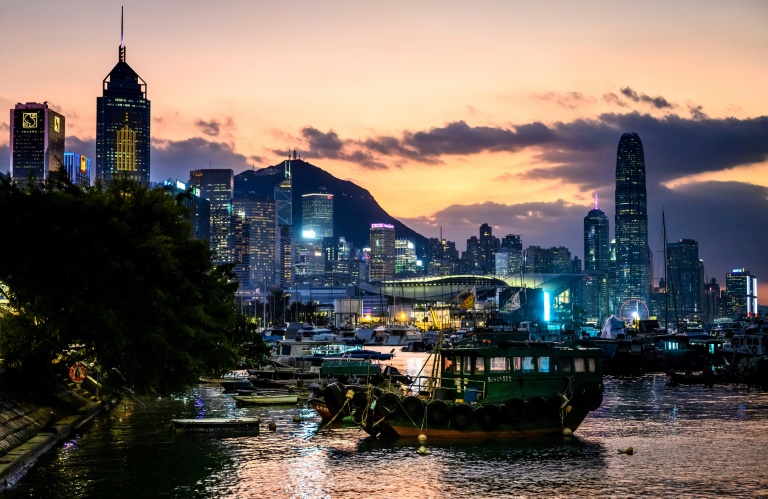“It is a gorgeous country with some of the best beach cities we’ve been to, and is similar to Greece,” says Costa. Although they would never recommend picking one country above the other, “We encourage people to also check out Albania for a more affordable and less touristy experience.”
The term “destination dupes” was reportedly first used on social media, as an extension of the “fashion dupes” concept – affordable alternatives to popular clothing items and accessories.
TikTok and Instagram are teeming with posts highlighting travel dupes – such as Zanzibar’s gorgeous beaches, exotic wildlife, and rich culture as a stand-in for popular honeymoon destination Bora Bora, but at half the cost.
“A popular spot, especially at prime time, can cost you hundreds of dollars a day to visit. However, a dupe destination will cost you a fraction of the price,” says Schiro, providing the Greek island of Mykonos as an example, where a hotel can cost well over US$200 a night. “But a gorgeous hotel in Ksamil [Albania] cost us US$40 a night!”
Travellers may also be interested in dupes to avoid overcrowding; for more “authentic” experiences; or for bragging rights over an exclusive find.
Have you been to Rome recently? The only time of day to see Italians is 7am, when you meet them headed to work or walking the dog.
The term may be new, but the concept is not. It is not unusual for repeat or seasoned travellers to look for new experiences, and tourism boards have long promoted “regional spread” beyond capital cities or popular spots. But as overtourism worsens, the numbers of travellers considering less crowded areas, sustainable accommodation and contributing to the local community is growing.
“After our collective attack of FOMO [“fear of missing out”] following the pandemic we hung the moon on luxury, indulgence, spare-no-expense-get-me-back travel,” says Andrew Nelson, a Washington-based writer, professor, and author of Here Not There: 100 Unexpected Travel Destinations. “The result wasn’t fun.
“Have you been to Rome recently? The only time of day to see Italians is 7am, when you meet them headed to work or walking the dog.”

Nelson urges his readers to think beyond the A-list, about what makes for a great travel experience.
“My book came about because I’ve always been struck by how vastly different places can exude a similar spirit – think Santa Barbara, California as a stand-in for the French Riviera replete with wine, lavender and even poodles. Or they might contain parallel experiences – for example, Tasmania [Australia] for the Southern Lights, not Norway for the Northern ones,” says Nelson.
Dupe travel has always been popular with her price-sensitive corporate group clients, says Sandhya Kartha, director of Mumbai, India-based travel company Redchilli Holidays.
“For instance, they may want the feel of a European city, but more affordable options, like Azerbaijan, which does not compromise on experience and indulgence.”

Beyond these groups, Kartha feels dupe travel is gaining attention because of evolving travel preferences.
“Many of my clients want to go beyond capital cities, to Nice and Marseilles in France, for instance, because they want different experiences,” she says. “Now, sustainability also drives travel decisions.
“Within India, many clients are looking at smaller destinations and properties which are focused on energy conservation, community empowerment and environmentally friendly practices.”
Regional cities typically offer more intimate experiences and have a slower pace
This is certainly the case for communications consultant Lesley Williamson. “As a general tendency, I only transit through capital cities as I always seek more confidential destinations, regional cities, or smaller towns,” says the 40-year-old, based in Capbreton, France.
Whether a dupe lives up to expectations as an alternative to a popular destination depends on the experience you are seeking.
Schiro and Costa think the beaches of Southeast Asia – along the coast of Vietnam, for example, or on a Philippine island – are great affordable dupes for some European coastal destinations.

On the other hand, it would be unfair to expect a dupe destination to replicate the cultural experiences or attractions specific to the likes of Kyoto, Japan, or Vienna, Austria.
Williamson says visits to smaller regional cities, instead of capitals, have often exceeded her expectations. The historic sites, cultural experiences and local cuisine can be similar, “But the differences for me lie in the scale and pace of life.
“Regional cities typically offer more intimate experiences and have a slower pace, allowing me to truly soak in the ambience and rhythm of everyday life.”
Some of her favourite swaps have included the Dutch city of Utrecht instead of Amsterdam, Gent instead of Brussels, in Belgium, and England’s Manchester instead of London.
It pays to do your own research. If everyone merely followed TikTok suggestions, the world would soon end up with another set of overcrowded hotspots, and while there may be some broad similarities between a destination and its suggested dupe, neither should be seen as a direct replacement for the other.
“We’ll always have Paris and Yellowstone, Angkor Wat and Amalfi,” says Nelson. “People should see these places, and I hope they will, but there are other destinations equally worthwhile.”


:quality(85):upscale()/2025/01/21/935/n/1922507/1bb76df3679011223c7564.17630251_.png)




